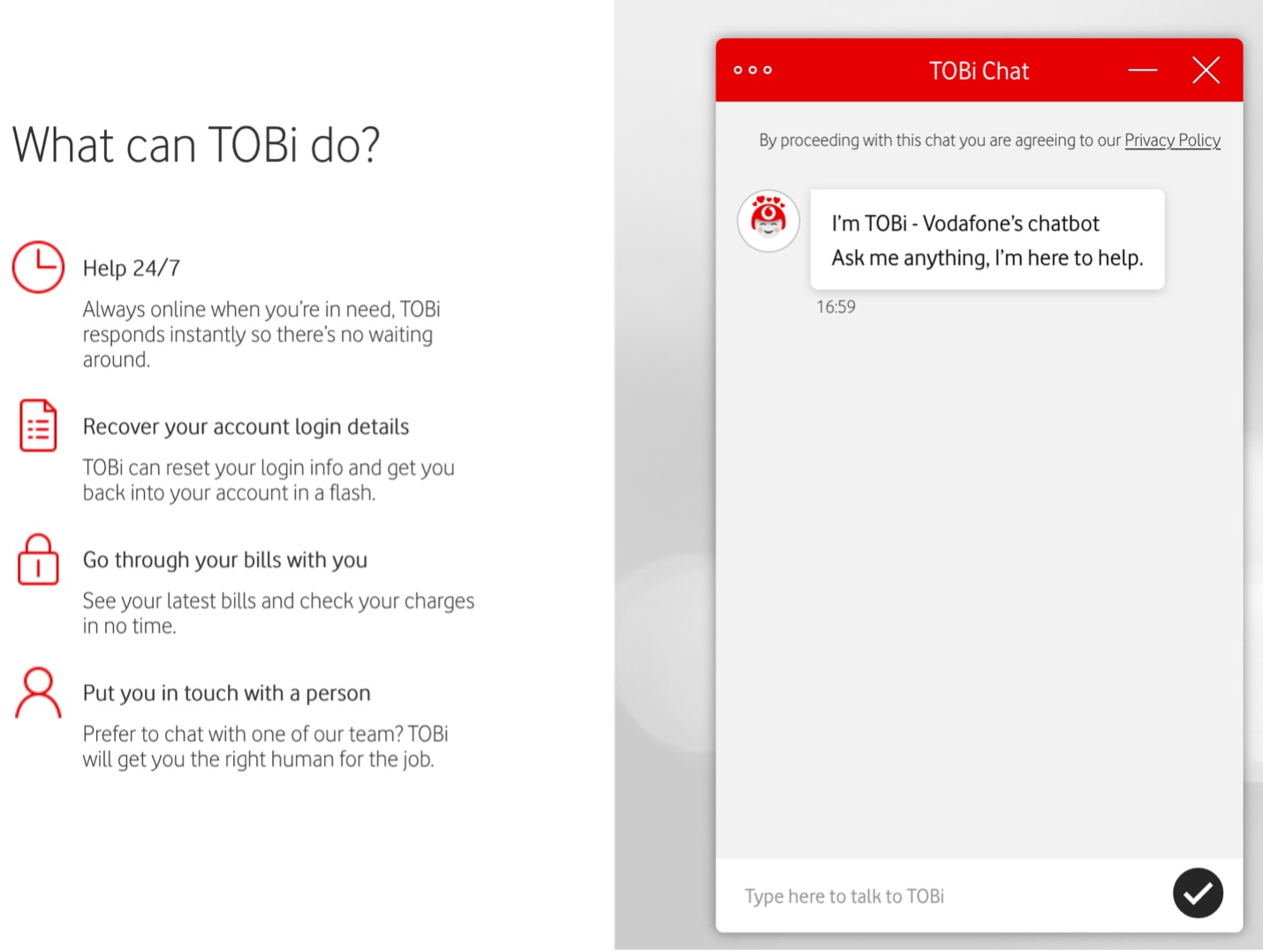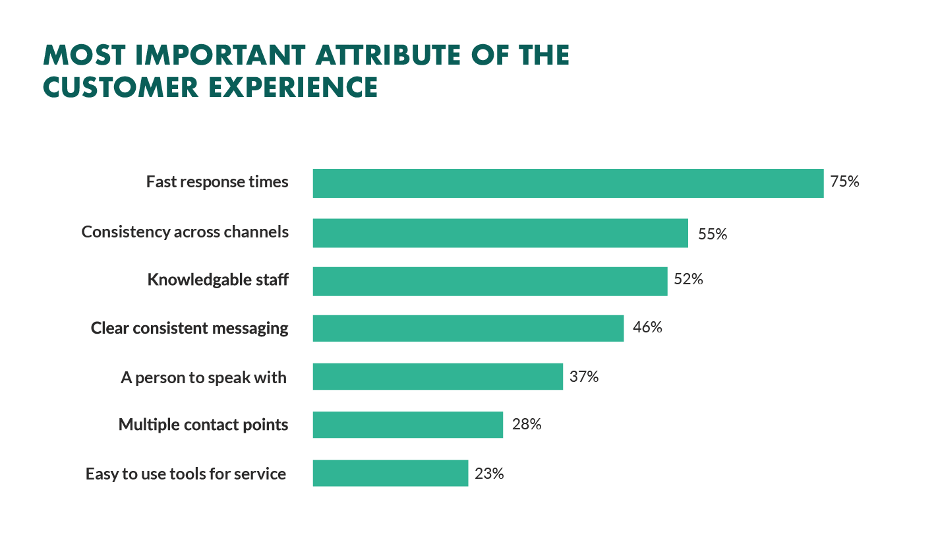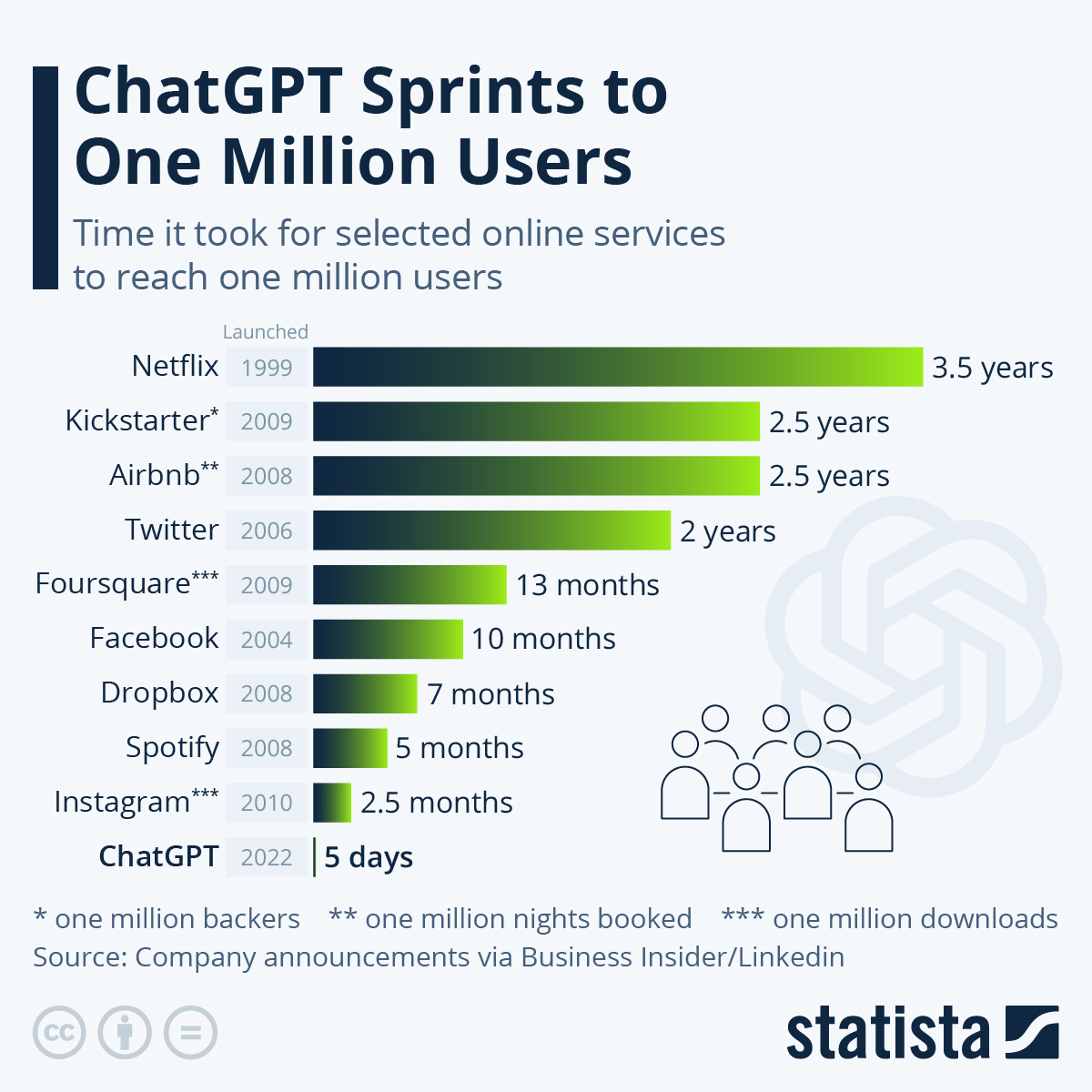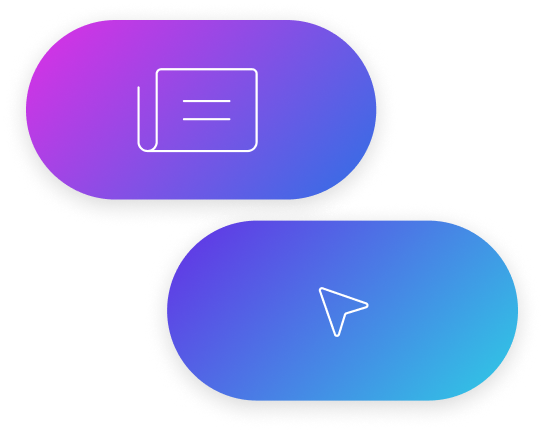Digital transformation has been reshaping the telecoms industry in the past decade. 5G, AI, and eSIMs, among others, enabled the launch of new digital value propositions to the telecoms market. And the way customer service in telecom industry is delivered has been no exception.
Traditionally, telecom service providers (SPs) focused on selling the most fixed and mobile services to mass-market customers and businesses. However, with the rapid pace of technological advancements, the future of customer service in the telecom industry has undergone revolutionary changes. One of the most significant changes is the rise of chatbots and self-service options which have reshaped the telecoms landscape to allow accessible and unrestricted 24/7 service for customers.
The Rise of Chatbots in Telecoms
Chatbots are revolutionizing the way customer service is delivered in the telecom industry. But what exactly is a chatbot? A chatbot is an AI-powered programme designed to simulate a conversation with customers. They’re designed to offer consumers quick and efficient help. Chatbots have gained popularity in the telecom sector as a tool to improve customer service and offer 24/7, round-the-clock support.
One of the key benefits of chatbots for customers is their ability to handle a wide range of queries and provide immediate support, reducing wait times and improving the overall customer experience. For companies, chatbots can significantly reduce operational costs while also improving efficiency and customer satisfaction. On top of this, chatbots can handle a high volume of customer interactions at once, freeing up resources for more complex customer issues. According to IBM, chatbots can help save customer support costs by 30% by resolving 80% of common queries and accelerating response times.
There are numerous companies in the telecom industry that are already using chatbots to enhance their customer service. One example is Vodafone’s digital assistant, TOBi, designed to help customers manage their accounts and answer most customer queries, all while aiming to improve the customer experience.

Source: Vodafone
The Adoption of Self-Service in Telecoms
Self-service is also transforming customer service in the telecom industry. It refers to the ability for customers to resolve issues and answer their own questions through online portals, rather than having to contact a representative.
For example, Trill Mobile features self-service in-app customer support that allows users to get help with resolving their issues from within the mobile app. No matter the time or place.
This approach has become increasingly popular in the telecom industry. It provides customers with quick and convenient support, while also reducing operational costs for companies. And the digital customers of today prefer customer service options that allow a hassle-free experience while solving their problems as quickly as possible. In fact, 40% of consumers now prefer self-service over human contact.

Source: SuperOffice
The advantages of self-service for customers include the ability to resolve issues quickly and efficiently, without having to wait on hold or navigate complex systems.
For companies, self-service can reduce the number of customer support requests, freeing up resources to handle more complex customer issues.
Furthermore, self-service can also provide valuable insights into customer behaviour and preferences. It will allow companies to make data-driven decisions to improve the customer experience. It can also aid in improving an SP’s Net Promoter Score (NPS). If implemented successfully and well, a self-care environment will improve customer experience and brand loyalty.
The Future of Customer Service in Telecom Industry
Chatbots and self-service, which have already had a significant impact, are likely to evolve in exciting new ways.
One of the key trends in the future of chatbots is the increased use of natural language processing (NLP) and machine learning (ML). This will allow chatbots to understand customer requests and respond in a more human-like manner. Creating natural conversations and providing an even more seamless customer experience. Additionally, we can expect to see an increase in the use of chatbots across multiple channels. Including messaging apps, and social media. This even includes search engines like Microsoft’s Bing and Google’s BARD, all thanks to the rapid rise of ChatGPT.

Source: Statista
Self-service is also likely to evolve in new and innovative ways. In the future, customers may be able to resolve more complex issues through self-service portals. This will reduce the need for human intervention from customer service representatives altogether. Additionally, we can even expect to see an increased use of augmented reality (AR) and virtual reality (VR) in self-service. All aimed to provide customers with a more immersive experience.
Other emerging technologies, such as blockchain, 5G and the Internet of Things (IoT) are also expected to impact customer service in the telecoms industry. These technologies will make it possible for SPs to provide their clients with fresh and cutting-edge services like connected homes, smart cities, and secure financial transactions. On top of this, the use of blockchain is expected to lower the danger of cyberattacks and increase the security of client data.
Conclusion
Overall, customer service technologies continue to evolve and become more efficient, personalised and innovative. Therefore, we expect to see more and more SPs adopt more innovative uses for chatbots and self-service. As a critical part of their customer service strategy.
We’re expecting to see that new and emerging technologies will pose an influence. Specifically on the evolution of customer service in the future. As these technologies continue to evolve. It’s very likely that customer service will become far more efficient, cost-effective and personalised to offer a better and more memorable customer experience.
Our HERO platform can help your brand to reduce your total customer service cost by utilising AI and Chatbot support. And with that, offer a frictionless customer experience to satisfy your customers. Contact us or book a call to find out more about HERO.



